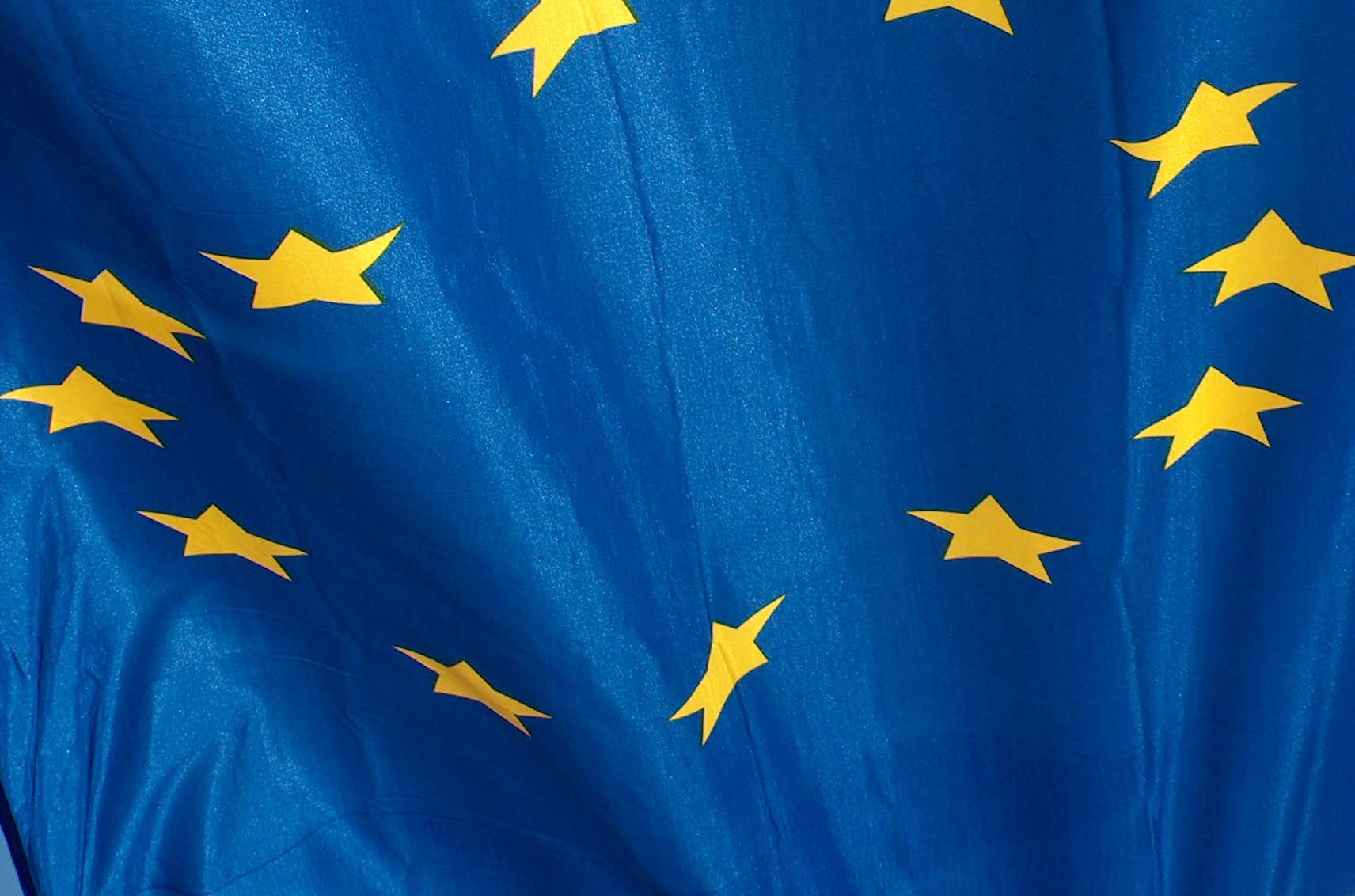
Less than one-in-five Czechs would be sorry if the EU was dissolved, and about half of those interviewed reported that they would not care if the EU was cancelled. In fact, a fifth of Czechs (22%) said that they would be “relieved” if the EU was scrapped, and a minority of about one-in-twenty (6%) say they would welcome the cancelling of EU. Overall, these results show that seven-in-ten Czechs have ambivalent or critical attitudes toward the EU. Although a majority of Czechs see the benefits of EU membership, much smaller minorities support continued membership of the EU or would be sorry if the EU was cancelled in the near future.
With regard to current EU membership, at present, one-in-four Czechs think that being part of the EU is a good thing, an equal number believe being in the EU is bad, and half have no strong opinion. When asked about the benefits of EU membership the Czech public is divided into two groups: 56% agree that the Czech Republic has benefitted since accession in 2004, and 44% feel that membership has not brought benefits.
Looking in more detail at the majority (56%) who agree that the Czech Republic has benefitted from EU membership over the last 11 years, two-in-three would not be sorry if the EU was cancelled. Practically all of those who believe EU membership has brought no benefits to the Czech Republic would not care if the EU disappeared. These survey results show that there is not enthusiastic support for the continued existence of the EU in the Czech Republic. A majority of those who say there are benefits to EU membership are indifferent to the disappearance of the EU.
Which Czechs would be sorry if the EU was dissolved tomorrow? The survey results show that those who would most regret the disappearance of the EU are the young (18-24 years), highly educated, city dwellers, people who frequently get their news from the Internet, and those who are most knowledgeable about politics (as shown in a quiz about migration policy). Politically, those who support TOP09 would be most sorry to see the EU disappear. Those least likely to regret the disappearance of the EU are pensioners, supporters of KSČM, and those not interested in politics plus those who never use the Internet for seeking news. University education, interest in politics, and being ideological (i.e. left or right) are associated with both regretting the dissolution of the EU and also being relieved if the EU was to disappear tomorrow.
Overall, many Czechs think there are benefits to being in the EU but would not be sorry if the EU vanished tomorrow. These attitudes are surprising because if a majority see benefits in being part of the EU then the prospect of the EU being cancelled should elicit regret because the advantages of the EU would cease. One explanation for thinking that EU membership is beneficial and being indifferent about its disappearance is that life without the EU may have other benefits. This idea is at the heart of the campaign for Britain’s exit of the EU (or Brexit) in the UK’s referendum planned for late 2016.
